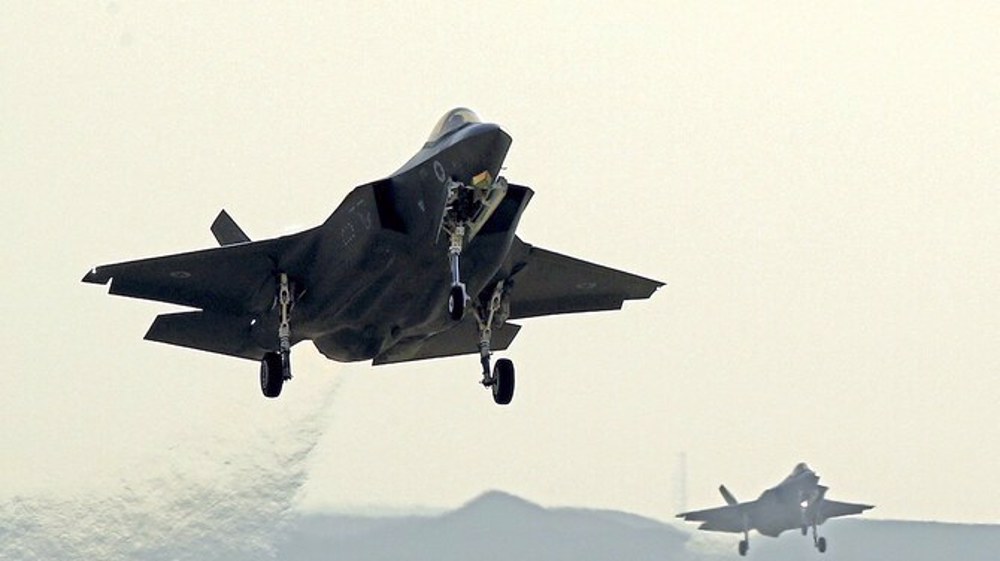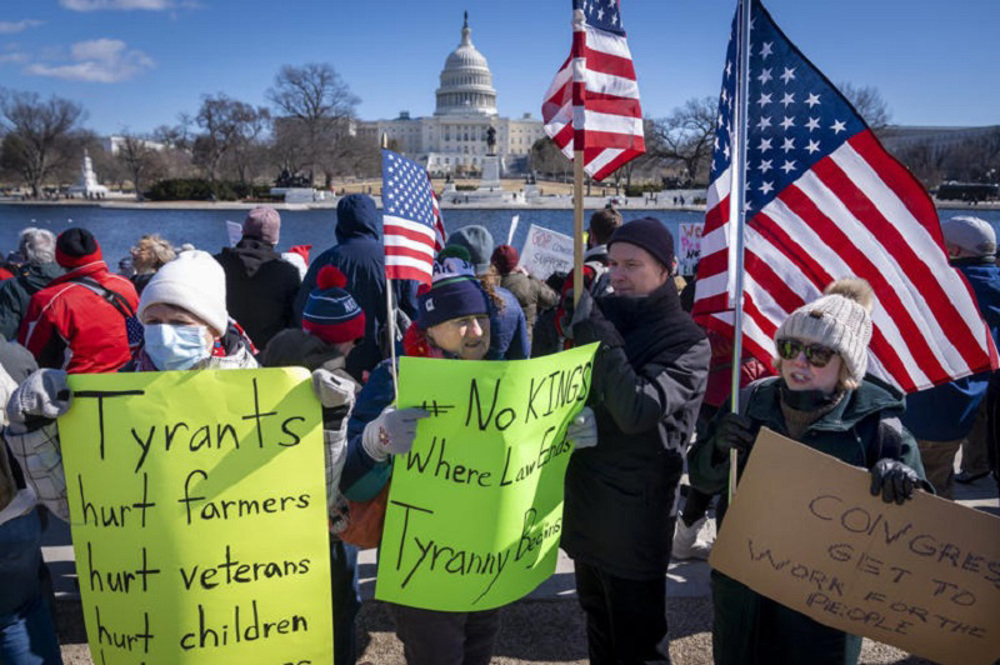Bernie Sanders wins West Virginia primary
US Democratic presidential hopeful Bernie Sanders has captured the West Virginia primary, setting back his rival Hillary Clinton's efforts to win against Republican frontrunner Donald Trump in the general election.
Clinton’s loss on Tuesday could signal trouble for the former secretary of state with working-class voters in the US Rust Belt, where she will have to prevail in major states such as Ohio and Pennsylvania.
“West Virginia is a working class state, and like many other states in this country — including Oregon — working people are hurting. And what the people of West Virginia said tonight, and I believe the people of Oregon and Kentucky will say next week, is that we need an economy that works for all of us, not just the one percent,” Sanders told his supporters at a rally in Oregon on Tuesday evening.
So far the results show that Sanders has won 51.4 percent of the votes in West Virginia, while Clinton received 36.1 percent.
“I think we are perpetuating the political revolution by significantly increasing the level of political activity that we're seeing in this country,” Sanders said.
Sanders' victory follows his large wins in Oklahoma, Kansas, and Nebraska with important implications for his ability to fight for his platform ahead of the Democratic convention.

Even though Clinton suffered a tough loss, her delegate lead over Sanders still remains virtually insurmountable. She easily won the state in the 2008 Democratic primary over Barack Obama.
Since West Virginia’s 29 pledged delegates will be split proportionally between the two candidates, Sanders needs a large margin of victory to be able to cut into Clinton's nearly 300 pledged delegate advantage. Clinton’s margin grows to 774 delegates, when superdelegates are included.
An analysis going into Tuesday shows that Sanders needed 65 percent of all remaining pledged delegates for a pledged majority, while Clinton needed only 34 percent, according to NPR.
With regard to superdelegates, Sanders needed 36 percent of all remaining delegates, whereas Clinton needed just 14 percent.
On the Republican side, Trump got 76.6 percent, while Texas Senator Ted Cruz won 9.1 percent and Ohio Gov. John Kasich only 7 percent.

After Trump's commanding victory in Indiana's primary last week, his remaining challengers, Ted Cruz and John Kasich, both suspended their presidential bids, leaving the businessman tycoon on an uncontested path to the GOP nomination.
Trump's campaign has been marred by his defamatory remarks against minorities in the US. His policy proposals include calling for a total ban on Muslims in America and forced deportation of undocumented immigrants.

Trump deportation policy

Campaigners call on F-35 partner states to end supplies to Israel

Thousands demonstrate on Presidents’ Day to call Trump 'A Tyrant'
Multiple bus explosions rock Tel Aviv, instilling fear in settlers and bringing city to halt
Islamic Jihad chief: Victories in Palestine, Lebanon indebted to Iran
Spain remains 'major transit port' for arms shipments to Israel
VIDEO | Back in coffins: Four Israeli captives released in Gaza
Iran raps Grossi's 'political' remarks serving pretext to pressure Tehran
VIDEO | Promoting and preserving the Persian language: A crucial endeavor
President: Mexico won’t accept US ‘invasion’ in fight against cartels
Lebanese return to flattened homes after incomplete Israeli pullout







 This makes it easy to access the Press TV website
This makes it easy to access the Press TV website